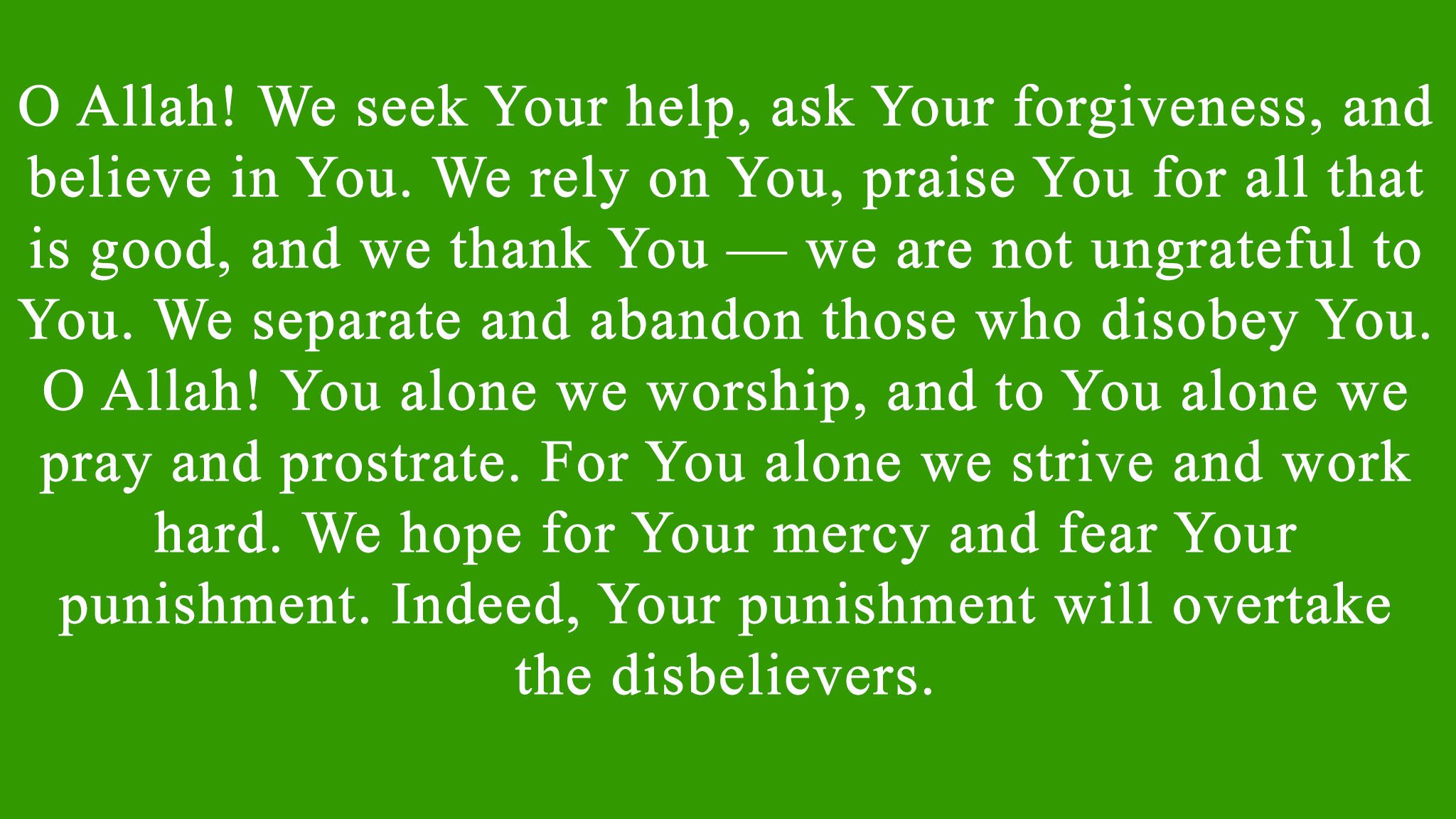Divorce is one of the most sensitive topics for Muslim families. But what happens when a woman is pregnant? Many couples quietly struggle with this question, uncertain about what Islam truly allows. Understanding the religious rulings, the wisdom behind them, and the practical aspects is very important for anyone facing such a situation. This article covers the Islamic perspective on divorce during pregnancy, including legal rulings, Quranic evidence, scholarly consensus, and the emotional journey that comes with it.
Islamic Ruling on Divorce During Pregnancy

Islamic law is clear and direct when it comes to the permissibility of divorce during pregnancy. Scholars agree that it is not only allowed but is also valid and effective if carried out. This might surprise some, since the mother’s condition evokes compassion and concern. Still, the faith recognizes the reality of family conflict and provides guidelines that protect everyone involved.
According to a detailed fatwa from scholars at IslamQA, divorce while a woman is pregnant is considered permissible. The divorce is lawful, and the pregnancy does not invalidate or hinder the marriage dissolution. You can explore more about the religious details in the Ruling on Divorce during Pregnancy in Islam.
Evidence from Quran and Sunnah
Islam teaches to follow the Quran and Sunnah for guidance, especially in sensitive matters. The Quran states in Surah At-Talaq (65:4):
“And for those who are pregnant, their term is until they give birth…”
This verse shows a direct link to the waiting period (‘iddah) for pregnant women, highlighting that the divorce process accommodates their special situation. It makes clear that a woman can be divorced during pregnancy, and her waiting period lasts until childbirth.
Several Hadith further support this. The Prophet Muhammad allowed divorcing a pregnant woman, and this practice is well-documented in authentic traditions. For an example and more references, see Divorce during Pregnancy in Islam – AboutIslam.
Consensus of Islamic Scholars (Ijma)
All four main schools of Islamic law (Hanafi, Shafi’i, Maliki, Hanbali) agree on this matter. They hold that a divorce issued to a pregnant wife is valid, regardless of whether the husband was aware of the pregnancy at the time.
This consensus means there is almost no scholarly dispute on the matter. The ruling stays the same across different regions and legal traditions within Islam.
The Waiting Period (‘Iddah) for a Pregnant Divorced Woman
‘Iddah is a core part of Islamic family law. It’s a waiting period that must be observed after divorce or widowhood before a woman can remarry. In the case of a pregnant woman, the Quran makes it simple: her ‘iddah lasts until the child is born, regardless of how long that takes.
During this time, several rights and duties apply:
- The husband must provide for the wife’s maintenance (food, shelter, etc.) until ‘iddah ends.
- The husband cannot force her to leave the marital home unless there’s open misconduct.
- Both parents must ensure the unborn child’s well-being.
For more details about the waiting period, see Iddah of a divorced woman who is pregnant and Wikipedia: Iddah.
Considerations and Wisdom Behind Permitting Divorce During Pregnancy
Why does Islamic law permit divorce at such a sensitive time? The reasons relate to both justice and care. Some of the wisdom includes:
- Preservation of lineage: Divorce clarifies the identity and rights of the unborn child.
- Clarity of rights: The ‘iddah links financial responsibility directly to the pregnancy.
- Well-being of mother and child: Stressful or unsafe marriages do more harm than good.
Islamic law doesn’t leave expectant mothers completely vulnerable. It builds a clear path for fathers to stay financially responsible and for women to get community support.
Practical and Emotional Implications for Divorced Pregnant Women
Going through a divorce during pregnancy can feel overwhelming. Emotional strain, financial worry, and the stigma of being divorced in some communities add to the pressure. No woman should face this alone.
Key points to remember:
- Family and community support reduces loneliness and stress.
- Under Islamic law, financial obligations shift to protect the woman.
- Planning ahead with trusted scholars or mediators can help manage practical issues.
The larger Muslim community is encouraged to help, not judge. Pregnancy already brings its own changes; faith communities can offer a lifeline of understanding and practical help.
Conclusion
Islam does permit divorce during pregnancy. The Quran, Hadith, and consensus of scholars support this, while also providing strong protections for the rights and well-being of the mother and child. While the decision is never easy, compassion, thoughtful guidance from qualified scholars, and prioritizing care for everyone affected remain essential. Muslim families facing this crossroads should feel confident in seeking advice and support, knowing that the faith provides room for justice, mercy, and dignity.
You may like to read how to find wife in islam


Comment on “Islamically, If a Woman Is Pregnant, Can You Divorce?”